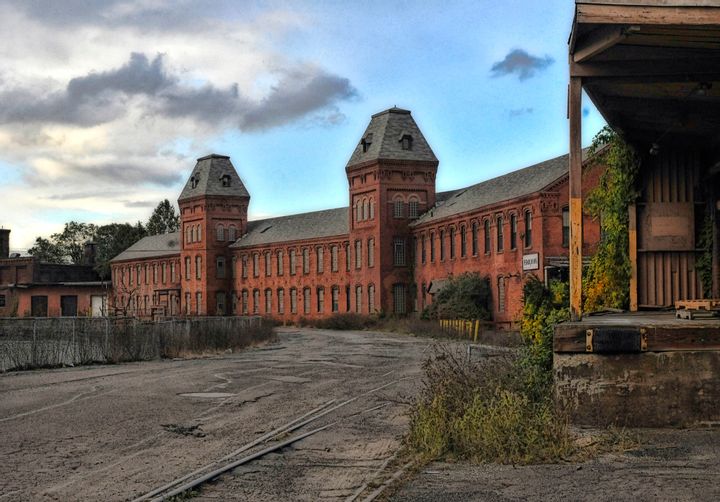Fall 2011
How did economists fail to predict the "Great Recession"?
While economists strove to perfect theoretical models of how markets function, they neglected the human, historical, and political forces that shape economies.
The financial crisis laid waste to many things—the housing market, the banking system, individual 401(k)s. A less noticed but still significant casualty was the confidence of many of the nation’s leading economists, among them J. Bradford DeLong of the University of California, Berkeley. How, he asks, could he and his fellow economists have failed to anticipate the gravity of the most significant American economic downturn since the Great Depression?
A confounded economist asks: How did he and his colleagues fail to predict the gravity of the Great Recession?
DeLong, who was deputy assistant secretary of the U.S. Treasury for economic policy from 1993 to 1995, is still “astonished” by the scale of the panic that “relatively small” losses in subprime mortgages caused. But he’s even more astonished by the failure of university economics departments to learn from their mistakes. While economists strove to perfect theoretical models of how markets function, they neglected the human, historical, and political forces that shape economies. Consequently, they missed many of the factors that turned the crisis into a disaster, from the theory-defying failure of banks to protect themselves against excessive risks to consumers’ potential to react to adversity in irrational ways.
A few contemporary economists, including Robert Shiller of Yale and Barry Eichengreen of Berkeley, had relevant insights to offer before the crisis. But it’s striking that many of the most illuminating thinkers—such as Charles Kindleberger, author of Manias, Panics, and Crashes (1978), and Walter Bagehot, the editor of The Economist in the mid-19th century—are “dead men.”
DeLong argues that economics departments need more people who study subjects such as cognitive biases and microstructure, the nuts and bolts of how particular markets function. “We need fewer equilibrium business-cycle theorists and more old-fashioned Keynesians and monetarists. We need more monetary historians and historians of economic thought and fewer model builders,” he says. If the field of economics fails to change, it risks becoming “a rump discipline that merely teaches the theory of logical choice,” he adds, while political scientists, business professors, and others take on the job of explaining how the economy actually works.
THE SOURCE: “Economics in Crisis” by J. Bradford DeLong, in The Economists’ Voice, May 2011.
Photo courtesy of Flickr/Bob Jagendorf
